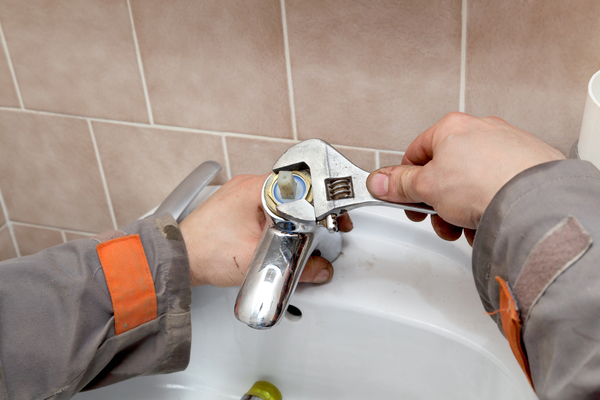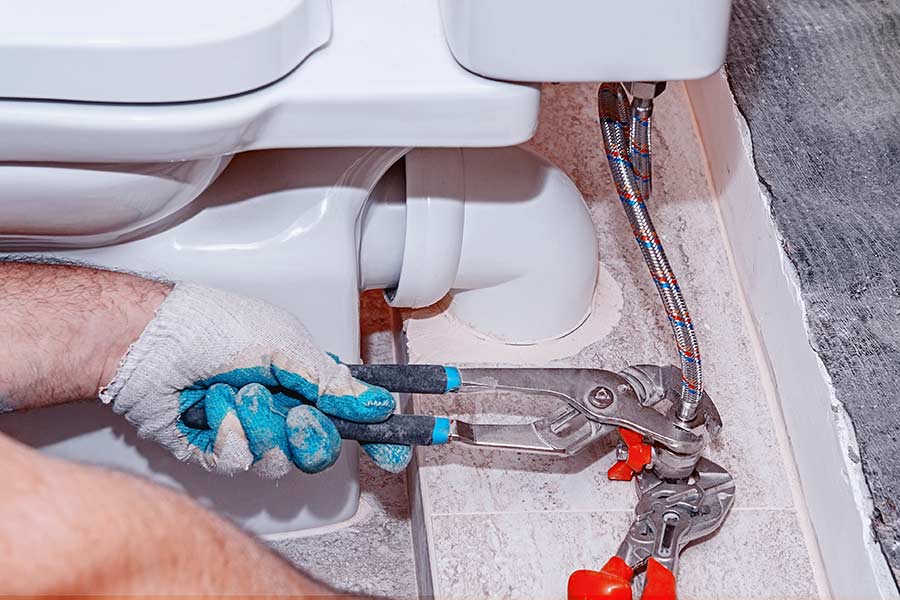5 Repetitive Water Leak Factors
5 Repetitive Water Leak Factors
Blog Article
Do you find yourself trying to find resources about How to Find and Prevent Water Leaks in Your Home?

"Be cautious of little expenditures. A small leak will certainly sink a wonderful ship." - Benjamin Franklin.
He couldn't have been extra best since water leaks in our residences lead to a waste of resources, enhancing our water costs. Although this boost may appear negligible in the beginning, it can lead to substantial expenditures that can break your bank. Other than an increase in expenses, water leakages also create undesirable organic growth, architectural damages, and even electric threats.
Figuring out if you have a water leak isn't constantly very easy due to being unable to see the majority of the pipework in your house. Nonetheless, If you have had a rise in your water costs recently, saw water stains on walls and ceilings, scented poor odor, etc. You might intend to think about asking for plumbing solutions to get it looked into.
There are numerous sources of water leakages, and also we have compiled the usual reasons listed below. Examine to see if you have actually had associated problems in your home recently.
Clogged drains
Food particles, dust, as well as grease can create clogged up drains and also obstruct the flow of water in and out of your sink. If undealt with, increased stress within the rain gutters can end and cause an overflow up breaking or breaking pipelines. To prevent stopped up drains pipes in your house, we suggest you to avoid pouring particles down the drain and regular cleaning of sinks.
High water pressure
You noticed your house water pressure is greater than typical yet after that, why should you care? It runs out your control.
It would be best if you cared because your average water stress should be 60 Psi (per square inch) as well as although your house's plumbing system is created to hold up against 80 Psi. A boost in water pressure can place a strain on your residence pipelines and result in splits, or even worse, ruptured pipelines. Get in touch with a professional regarding managing it if you ever before see that your house water pressure is higher than normal.
Corrosion
As your pipework grows older, it obtains weak as well as a lot more at risk to corrosion after the regular flow of water with them, which can eat away at pipes and create fractures. A visible indication of rust in your home plumbing system is discoloration as well as although this could be tough to find as a result of a lot of pipes hidden away. We recommend doing a regular examination every couple of years as well as change pipes once they are old to make certain a sound plumbing system
Weakened pipeline joints
Pipeline joints are the parts of our plumbing system where the pipes connect. It is important to note that also though pipes are made to stand up to pressure as well as last for a while, they weren't created to last permanently; for that reason, they would certainly deteriorate over time. A common sign of harmed pipeline joints is excessive sound from taps.
Busted seals
Another source of water leaks in residences is broken seals of house devices that use water, e.g., a dish washer. When such appliances are set up, seals are mounted around water connectors for very easy passage of water via the device. Thus, a damaged seal can trigger leakage of water when being used.
With little or no knowledge of plumbing, understanding your home's plumbing system enough to fix some of these concerns (without effect) can be an inconvenience. Get in touch with plumbing experts in Pittsburgh, Providence, Rochester, and also environ today, as well as they'll make those problems go away.
He couldn't have been much more appropriate since water leakages in our residences result in a waste of sources, enhancing our water bills. If you have had a rise in your water bills recently, observed water spots on walls and also ceilings, smelt lousy smell, etc. A boost in water stress can place a stress on your home pipes as well as lead to splits, or even worse, ruptured pipelines. Another cause of water leakages in houses is damaged seals of residence appliances that make use of water, e.g., a dish washer. When such appliances are installed, seals are mounted around water adapters for very easy flow of water with the device.
5 TIPS IN DETECTING A WATER LEAK IN YOUR HOUSE
Water leaks can be hard to find in your home, yet they can be so common. We rely on water every day in our home, which is why a leak can cause big problems. By detecting them early, you can save money and further damage, getting the problem fixed as soon as possible. Here are 5 tips to help you detect a water leak in your home, so you can contact a plumber straight away and get the issue sorted.
Check your water meter
Many people underestimate the value of the water meter in their home. It can be one of the best ways to tell if you have a leak early on, so you can get on top of it before issues start arising. Start by turning off all the water in your home: taps, washing machine, dishwasher, etc. Now take a look at the meter – if it’s still changing with everything turned off, it’s likely you have a fast-flowing leak that you need to get on top of straight away. If nothing changes, then leave your meter for an hour or two and come back to it. Did it change in this time? It’s likely you have a slower leak, which isn’t as urgent but still handy to get fixed so it doesn’t become a bigger problem.
Keep an eye on your bill
Another good way to detect a leak in your home is by keeping an eye on your water bill. It helps if you have a past bill from the same period of time. You can compare like for like and determine whether your water usage has increased significantly. If it has, there may be a leak in your system that you haven’t picked up before. A professional plumber can check through all of your pipes and determine where it is coming from.
Look for damage
If you have a leak inside your home, you will notice damage over time. Take a look at your showers and bathtubs and note whether any of the tiles surrounding the area seem to be discoloured or damaged in any way. There may be water stains, mould or peeling material that has resulted from a build up of moisture over time. Make sure you take a look under sinks at the back of cupboards that don’t get accessed regularly. This is where damage can go unnoticed and build up over periods of time.

Do you appreciate more info about Where to Find Water Leaks? Put feedback further down. We would be glad to find out your opinion about this page. Hoping that you visit us again later on. I beg you set aside a second to promote this blog posting if you enjoyed reading it. Thanks for your time invested reading it.
24/7 plumbers for emergencies. Report this page